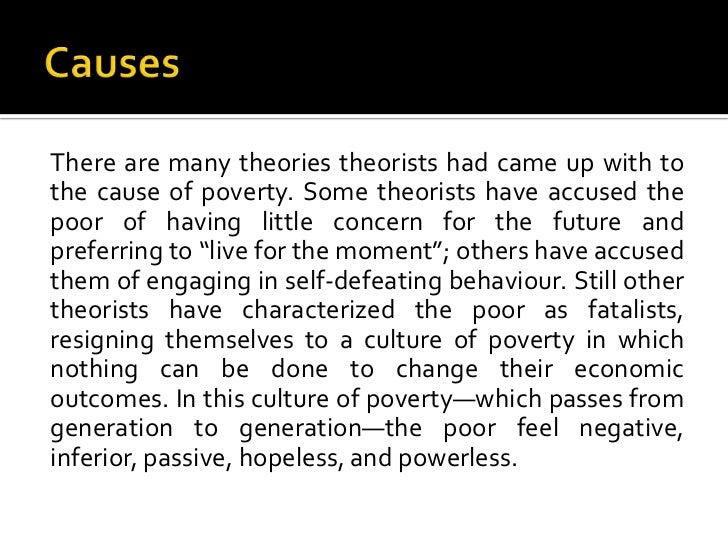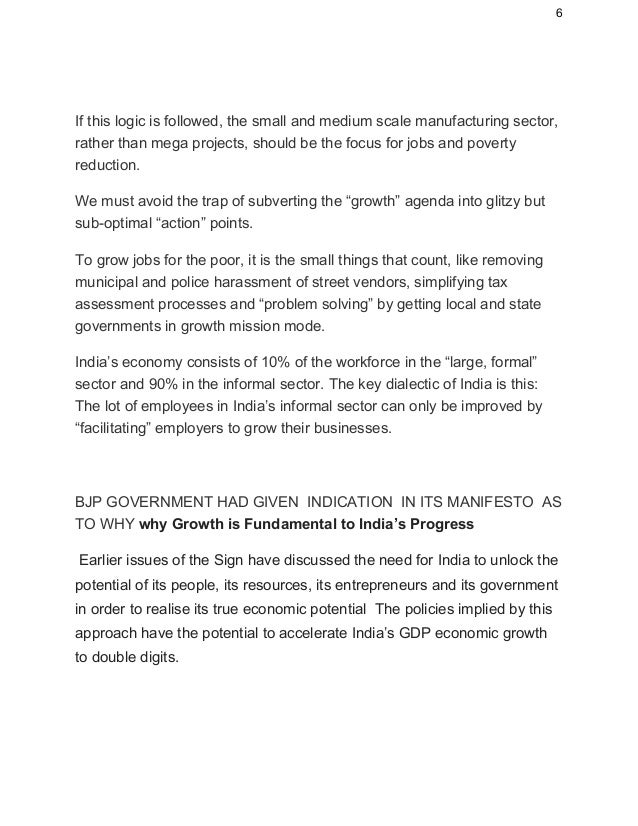
The article states that Poverty among youths aged 17–25 is a growing problem. Some types of youth, such as black and Hispanic and those living with poorly educated single parent or living without parents altogether, are at a risk of being poor than others 24/12/ · Poverty Essay 4 ( words) Poverty is a human condition which brings despair, grief and pain in the human life. Poverty is the lack of money and all the things required to live a life in proper manner. Poverty makes a child unable to enter to the school in childhood and lives his/her childhood in an unhappy family “We make a living by what we get – but we make a life by what we give ” (Sir Winston Churchill). When I heard this quote for the first time, it was from one of my high school teachers. Growing up in the Mission District of San Francisco I was surrounded by poverty and violence on a daily basis
Essay on Poverty for Children and Students
When I was 11, I kept a box full of moments, a written record of all the times I thought my mom was being a bad mom for being poor. Skip navigation! I was a child with control issues. There are few things you ever get the chance to be in charge of as a kid, short essay on growing up in poverty, and being poor only makes this short essay on growing up in poverty true. I could get short essay on growing up in poverty grades and ace every test, but the kid whose parents had a color printer would always win the Young Author contest.
I could try out for cheerleading, but the girls whose parents paid for cheer camp would always make the team. I was in gifted classes, but I was the only person in gifted classes who was also on free lunch, and everyone knew it. Every week, on Tuesday and Thursday, I boarded a bus that took me away from my mostly Black and mostly poor schoolmates, to a mostly white upper middle class school.
It was here that I learned to hate my circumstances — to be ashamed of being on free lunch. We were children, and I assume he did not hear the cruelty in his words. My mother was not perfect — she got angry a lot, and I hated that — but she was not lazy.
She regularly picked up extra shifts. On weekends, she led all four of her complaining children in a deep clean of our house and yard. My mother was constantly in motion, always doing something that needed to get done, yet never catching up.
A surprise bill could quickly change the condition of our entire home from stable to terrifying. I saw her working, but I never actually saw much money. I had no idea where it went, or how she spent it. Spending it on the wrong things? Was that why I was on free lunch? The suspicion began to take root in my mind that maybe he was onto something.
Maybe she just needed to make better decisions. Remember those plastic boxes made specifically for holding notecards? I had a black one, something a teacher had given me at the end of the previous school year.
She was going to throw it away when I asked her if I could have it. She also threw in an unopened stack of white notecards. The box and the notecards represented possibility to me. The main one: our poverty. When I felt as if she treated me or my siblings unfairly I wrote it down. Not enough food in the refrigerator? Jot it down. Write that down, too. I told myself I would keep these notecards my entire life, so when I eventually had to make decisions about how to be a good mom to my own children, I could avoid the worst possible scenarios.
I would be able to crack the code and ascend from poverty, so my children would never suffer the way I felt like I was being made to suffer. That was the plan.
It was a bad plan. This time in my life is something I reflect on often, especially when I read critiques that the circumstances of people like my mother — short essay on growing up in poverty people — are simply a product of bad choices or moral failings.
Forty-nine percent of Americans live paycheck to paycheck. That means that most people in this country are just a car accident or huge medical bill away from financial ruin. I was one of those people, even if I was just a kid. I got on that bus twice a week, and when I got to that fancy school, I believed that they knew more than me about what it meant to be a hardworking person.
How else would they have everything while my mother, my siblings, and I had so little? The thing is, that boy, his parents, and the other kids at that school, they had no idea what poverty actually looked like. They did not see what I saw. I saw the mothers and fathers on my block wake short essay on growing up in poverty every single day and go to work, then come home to not enough food in their bowls.
They did not drive fancy cars, and the vehicles they did have broke down often. They sat around card tables short essay on growing up in poverty spades, sharing cheap liquor, laughing, and talking about their next plan for getting the hell out. They took pride in the work they did, though they were never paid enough for that work. But they did their best. I saw it all. And over time, I saw it in my own home. I saw it in my mother. My mother, who had suffered from loss: loss of her time and her dreams of having children who would want for nothing.
This was not the life she had planned. She wanted a family with a mother and a father. She wanted children who took dance classes and karate lessons, who learned to play musical instruments.
She wanted a good and steady job that would help her provide that life. What she got was a husband who ended up in prison, an underpaying government job, four beautiful, strange children, and a string of disappointing romantic prospects. I could not prove she was a hard worker by showing you something we owned, but I could tell you about hearing her sob after she had to ask me to forgo Christmas presents so my siblings could have something on the holiday morning.
This was not something she chose. It only took a month before I threw away all of the notecards about my mother. But she showed up, and kept showing up. She did her best. I believed that. I still do. My mother wanted more for her life. She did everything right until her circumstances outran her opportunities. Every day for the past three months, I wake up and record my thoughts on who I am, short essay on growing up in poverty, what I see, and what kind of person I want to be, short essay on growing up in poverty.
It is exhausting and unpleasant, and if you're like me, you need to control things because that fear is truly terrifying. But judging the poor — or pretending that simple rules of logic apply to something often determined by blind luck — makes all of us less human. And while empathy won't solve the problem, it's a start. Respecting impoverished people and their work ethic, and listening to their voices when it comes to understanding what's broken in our economy — that's how we will help people like my mom.
Children surely won't understand the unfairness built into our society and economy, but adults should know better. Their complicated stories could easily be our complicated stories. It's as simple as that. And no one deserves to be put in a box. Welcome to Money Diaries where we are tackling the ever-present taboo that is money.
by Refinery In February, a historic winter storm and ensuing mass blackouts killed people in Texas, short essay on growing up in poverty.
Extreme weather events are becoming more frequent due to the cl. by Whizy Kim. About My Business: How to Embrace Success And Sustainability with Welcome to About My Business, our brand new career column. For years, I was g. by Laurise McMillian. Black Women Are Leading The Charge For Equity In The Cannabis Ind Cannabis advocate and entrepreneur Dasheeda Dawson has been fighting for the legalization of marijuana in New York for years.
And on March 31, part of her. by Stephanie Long. by Natalie Gontcharova.
15 Habits Showing a Person Grew Up in Poverty
, time: 7:54Growing Up In Poverty - Words | Internet Public Library

Growing Up in poverty could have a mental effect on a child. Factors like their surroundings they grow up in, could change their whole look on the world. Environmental reasons could lead to a lack in a child 's learning skills and would reduce the chances of kids moving past their parents Growing Up in Poverty. Poverty, is the single largest social denominator which neatly divides the society between the haves and have-nots and the ever-increasing exodus of middle class population tightly wedged between the two extremes. The looming shadow of poverty hangs heavily on the economic, social, psychological and physiological bearing of 24/12/ · Poverty Essay 4 ( words) Poverty is a human condition which brings despair, grief and pain in the human life. Poverty is the lack of money and all the things required to live a life in proper manner. Poverty makes a child unable to enter to the school in childhood and lives his/her childhood in an unhappy family

No comments:
Post a Comment